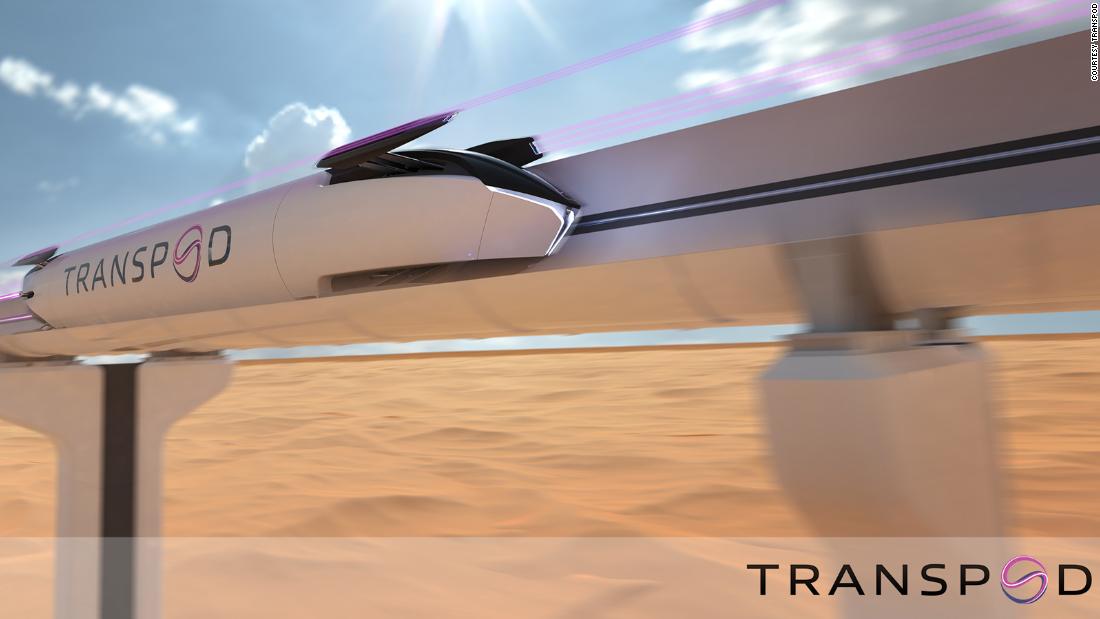:agony-limitless:
every 2 minutes
Has there been ANY investigation on how signaling for something this fast might work? The Tokaido Shinkansen, which goes much slower, can handle a train about every 3 minutes, and that's because of its excellent signalling. The faster the train goes, the more space is needed between trains for safety. Is there any signalling tech that will work for something like this to allow 2 minute headways?
The Chuo Shinkansen, the maglev current being built between Nagoya and Tokyo, is capable of 505 km/h and can only run 6 trains per hour. I've heard that's mostly because of the switches, but how do these guys think they can achieve 2 minute headways at this speed?
lmao I missed the "1000kph" in the headline because the "first phase" they propose will only be that 300km shot, but at 45 minutes that's max 400 kilometers per hour
so, still slower than this Japanese maglev, lol
It’s unfortunate we don’t have advanced enough technology to create real trains that we have to settle for train-like vehicles instead
Why would they use a tried and true technology that has worked ceaselessly for two centuries when they can buy the rights to a technology that does not exist and will never work?
i think it's a tech concept that's very appealing to the kind of omni-engineer who thinks expertise in one field qualifies him to solve problems in every field. he learns some basic physics, notices that very little energy is lost when a vehicle is propelled through an idealized frictionless vacuum, and decides that the solution to efficient transport is to simply create a frictionless vacuum, because surely once that is figured out, there'll be no glaring externalities to worry about.
get an american passenger for a perfectly spherical ass transit :kelly:
A train is a clusterfuck of eminent domain disputes and production delays with no tangible benefits until well after you've left office.
A gadgetbahn shows that you're visionary and forward-thinking, and will be so tied up in the proof of concept phase that you'll probably be out of there before the eminent domain disputes start.
>invest in pie-in-sky transport project
>project fails
>"See, trains are not viable"
>one more lane
It's like how america makes cheese so shitty it's illegal to call it cheese
other countries outran them long ago with high speed trains, and amerikkka is still trying to figure out conventional trains. they can't make any progress because the national pride fail is inevitable unless they invent a new magic technology that won't instantly pale in comparison
I wonder how they solved the tubes filling up with mulched rats
These vacuum tube trains are LITERALLY a pipe dream. The largest vacuum chamber on earth takes 8 hours to depressurize using the strongest vacuum generator on earth, and it is only big enough to fit the space shuttle, is underground, encased in feet of concrete, steel, and aluminum.
It would literally take multiple months to depressurize a (one way) vacuum chamber large enough to reach from NYC->DC. Also it would barely go faster than a regular high speed rail train, plus would be completely out of service any time it needed maintenance
Its 2022 and we're still trying to build some fucking vacuum gadgetbahn:jokerfication:
The proposed first phase of what will is estimated to be a $18 billion infrastructure project will be linking the Canadian cities of Calgary and Edmonton -- some 300 kilometers apart, or a three-hour drive. FluxJet boasts travel speeds faster than a plane and three times that of a high-speed train, meaning that it would cut the journey time down to 45 minutes.
that is 248.5485 miles per hour
High-speed trains can generally reach 300–350 km/h (190–220 mph). On mixed-use HSR lines, passenger train service can attain peak speeds of 200–250 km/h (120–160 mph).
- some random google hit from literally 4 years ago
WOW THE ADVANCEMENT OF TECHNOLOGY :soypoint-2:
obviously these are stupid on every possible level, but i love in particular how all the mockups have plexiglass tubes and no one calls BS on it. like i'm sorry bro if you're going to have a vacuum tube of a hundred something miles, that shit better be steel and concrete.










